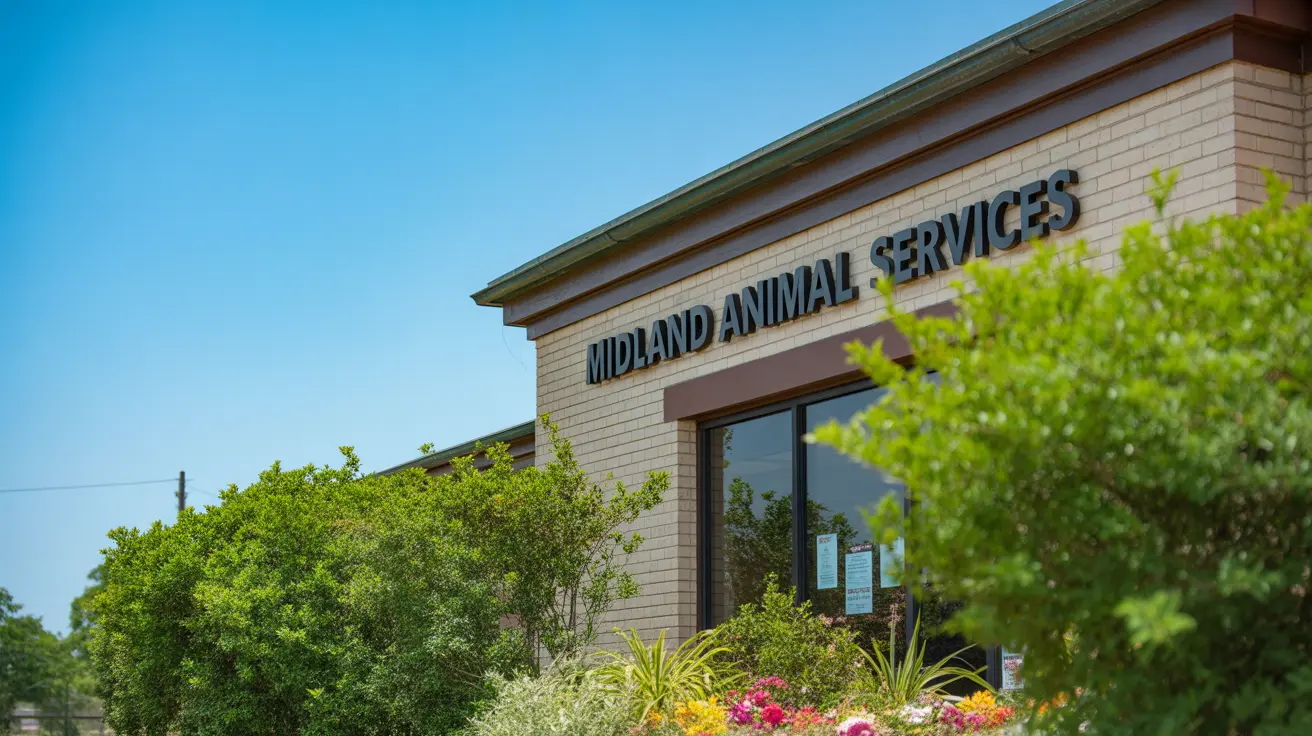When it comes to veterinary care, understanding which of the following is most likely to be an elective surgery can help pet owners make informed decisions about their dog's health. From routine preventive procedures to quality-of-life improvements, elective surgeries play a crucial role in maintaining your dog's long-term wellbeing.
In this comprehensive guide, we'll explore the most common elective procedures, their benefits, and how to determine if they're right for your furry friend.
Common Types of Elective Surgery for Dogs
Spaying and Neutering
These reproductive surgeries are among the most common elective procedures performed on dogs. Spaying (for females) and neutering (for males) offer numerous health benefits, including preventing unwanted pregnancies and reducing the risk of certain cancers.
The procedures are typically performed between 6-9 months of age, though timing can vary based on breed and individual circumstances.
Dental Procedures
Professional dental cleanings and extractions are frequent elective surgeries that help prevent serious health issues. Regular dental care can prevent periodontal disease, which affects up to 80% of dogs over age three.
Benign Growth Removal
The surgical removal of non-cancerous lumps and bumps is another common elective procedure. While these growths may not be immediately dangerous, removal can improve comfort and prevent future complications.
Benefits of Elective Surgery
Preventive Health Advantages
Many elective procedures serve as preventive measures, helping to avoid more serious health issues down the line. For example, spaying prevents pyometra, a potentially life-threatening uterine infection.
Quality of Life Improvements
Elective surgeries often enhance a dog's comfort and daily functioning. Removing painful dental issues or uncomfortable skin growths can significantly improve their quality of life.
Planning for Elective Surgery
Pre-Surgery Considerations
Before scheduling an elective procedure, your veterinarian will conduct a thorough health assessment, including blood work to ensure your dog is healthy enough for surgery.
Recovery and Aftercare
Most elective procedures require a recovery period of 10-14 days. During this time, you'll need to:
- Monitor the surgical site
- Restrict activity
- Administer any prescribed medications
- Follow specific post-operative care instructions
Frequently Asked Questions
Which dog surgeries are most commonly considered elective rather than emergency?
The most common elective surgeries include spaying/neutering, dental cleanings and extractions, benign tumor removal, and preventive procedures like gastropexy in at-risk breeds.
What are the benefits of elective surgeries like spaying and neutering for dogs?
These procedures prevent unwanted pregnancies, reduce cancer risks, help manage behavioral issues, and contribute to overall population control. They can also prevent several health problems later in life.
How should I prepare my dog for an elective surgery such as dental extraction or skin growth removal?
Follow your vet's pre-surgery instructions, which typically include fasting for 8-12 hours before surgery, maintaining regular medications as directed, and ensuring your dog is healthy before the procedure.
What is the typical recovery time and post-operative care for elective dog surgeries?
Most elective surgeries require 10-14 days for full recovery. Post-operative care includes wound monitoring, activity restriction, proper medication administration, and following all veterinary instructions.
How can I decide if an elective surgery is necessary for my dog's health or comfort?
Consult with your veterinarian to evaluate the benefits and risks. Consider factors like your dog's age, overall health, quality of life impact, and the potential consequences of postponing the procedure.
Conclusion
Understanding elective surgeries is crucial for responsible pet ownership. While these procedures aren't emergencies, they often play a vital role in maintaining your dog's health and preventing future problems. Always consult with your veterinarian to determine the best timing and approach for any elective procedure your dog may need.






